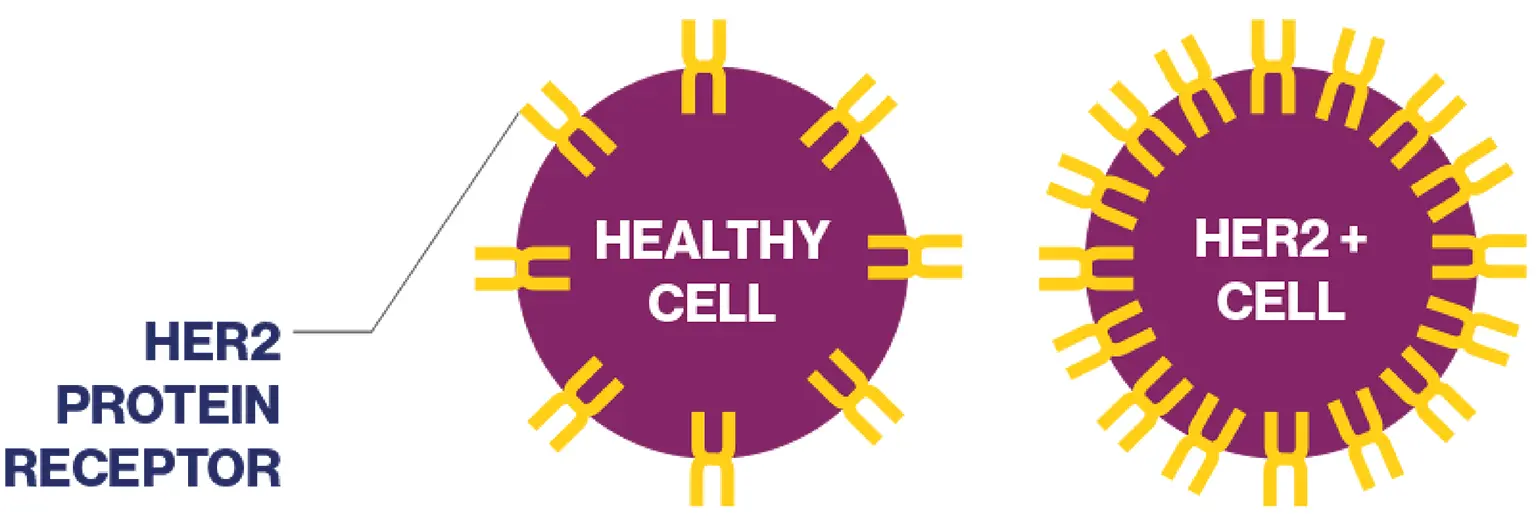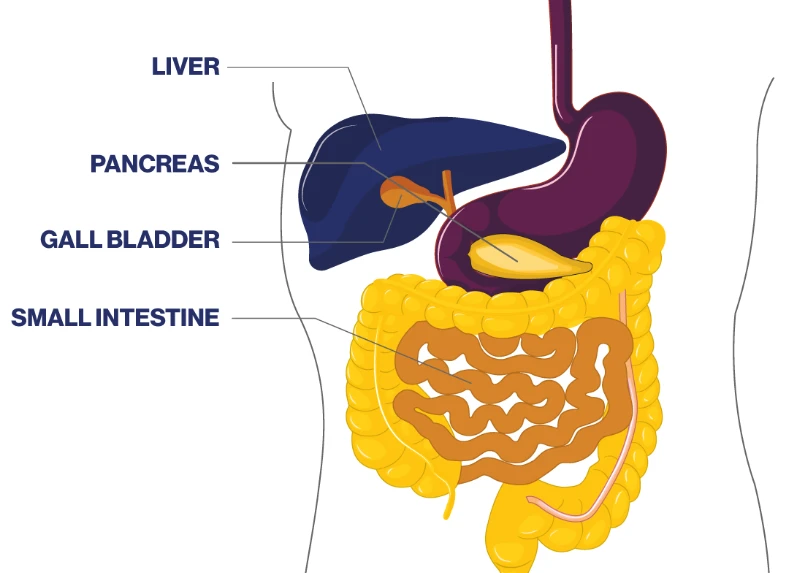Pioneering Pathways
Welcome to Pioneering Pathways, where we explore how we are changing the narrative for patients and their families through our pursuit of innovative treatments in complex diseases with limited or no options. Here you will learn more about the science and people behind our transformational approach.
Welcome to Pioneering Pathways, where we explore how we are changing the narrative for patients and their families through our pursuit of innovative treatments in complex diseases with limited or no options. Here you will learn more about the science and people behind our transformational approach.
Pioneering Pathways
Our Pipeline: Pioneering Innovative Science & Research
Get a behind-the-scenes look into Jazz Pharmaceuticals’ pipeline assets through educational animations around the proposed mechanisms of action of key neuroscience and oncology investigational assets.
Targeting HER2-Expressing Cancers with Bispecific Antibodies
HER2 plays an important role in cell growth and survival, but many cancers including biliary tract, gastric, breast and colorectal can overexpress this protein, leading to uncontrolled cell growth. Learn more about how Jazz is furthering the science around targeting HER2-protein expression across multiple solid tumor types with a novel, HER2-targeted bispecific antibody.

Did You Know?
HER2 is a protein located in all cells and plays an important role in cell growth and survival. In certain cancers with solid tumors, HER2 can be produced in higher quantities, impacting patients’ overall prognosis. Currently, there are no approved targeted therapies for HER2 that can work across many tumor types. Learn more about the role of HER2 in one specific tumor type, biliary tract cancers.
Explore Our Pathways to Innovation
Watch interviews with experts, Jazz Pharmaceuticals leaders, patients and advocates to learn more about our research to develop novel solutions to help improve the lives of people living with complex neurological conditions and difficult-to-treat cancers.
Fueling Innovation Through Jazz Remix and the Employee Experience
Hear from Heidi Manna, Chief People Officer, on how the Jazz Remix flexible working model is designed to provide a greater level of flexibility to how and where work gets done, helping teams pioneer solutions to transform the lives of patients.
Pioneering Patient-Centric Solutions to Transform Lives
Through cross-industry partnerships and collaborations with patients and patient advocacy groups, Jazz Pharmaceuticals aims to boldly create new paths to treatment options for people living with complex conditions. Learn more about how Jazz incorporates the patient journey into its innovative research and development practices.
Trailblazing New Approaches in Idiopathic Hypersomnia and Beyond
Hear from the idiopathic hypersomnia community about living with this rare neurologic disorder, and how our work at Jazz Pharmaceuticals aims to provide treatment options informed by the needs of patients.
Scientist Spotlight: Gunjan Junnarkar on R&D in Idiopathic Hypersomnia
Hear from Gunjan Junnarkar, Vice President, Pharmaceutical Development and Manufacturing Science, on how Jazz Pharmaceuticals' 20-year legacy in sleep disorder research aims to improve the lives of idiopathic hypersomnia patients.
Expanding What Is Possible in Targeted Oncology
Jazz Pharmaceuticals is determined to disrupt the status quo in targeted oncology by exploring breakthrough investigational molecules, including one that may expand the applicability of targeting the HER2 protein that is present in many solid tumor types. Learn more from some of our leaders in R&D as they work to make this a reality for patients in need.
“Developing novel ways to target specific proteins like HER2 may lead to improved standards of care in oncology, which is particularly needed for difficult-to-treat cancers, like those arising in the stomach or biliary tract. Due to their aggressive natures, these cancers present challenges for treatment and typically have poor prognoses for patients. I’m excited to be leading a team that’s developing an investigational treatment that targets these and other HER2-expressing solid tumor types.”
“Developing novel ways to target specific proteins like HER2 may lead to improved standards of care in oncology, which is particularly needed for difficult-to-treat cancers, like those arising in the stomach or biliary tract. Due to their aggressive natures, these cancers present challenges for treatment and typically have poor prognoses for patients. I’m excited to be leading a team that’s developing an investigational treatment that targets these and other HER2-expressing solid tumor types.”
– Elaina Gartner, Vice President Medical, Late-Stage Development, Oncology Clinical Development, Jazz Pharmaceuticals



We boldly create paths to new treatments for people living with complex diseases.
For more than 20 years, Jazz Pharmaceuticals has been at the forefront of pioneering innovative medicines for rare, hard-to-treat disorders. Pioneering Pathways homes in on the scientific exploration that is at the core of our growing expertise and groundbreaking discoveries in neuroscience and oncology.
HER2-Positive Biliary Tract Cancers:
What to Know
Biliary Tract Cancers and HER2
Biliary tract cancers (BTC) are multiple different types of tumors with distinct molecular characteristics that vary based on their location within the liver, gallbladder and biliary tract.i,ii
Many cancers with solid tumors – including BTC – can create too much of a protein known as HER2.iii

What is HER2?
HER2 is a protein located in all cells that plays an important role in cell growth and survival.iii When cancer cells develop with higher-than-normal levels of HER2, they are called HER2-positive.
HER2-positive cancers tend to grow and spread faster than cancers that are HER2-negative and can impact overall prognosis.iii
While not everyone diagnosed with a BTC will have HER2-positivity, it is important to test for HER2 expression when determining the appropriate treatment for patients.
In one study, HER2-positivity was found to present in approximately 17 percent of BTC patients.i, iv, vii

